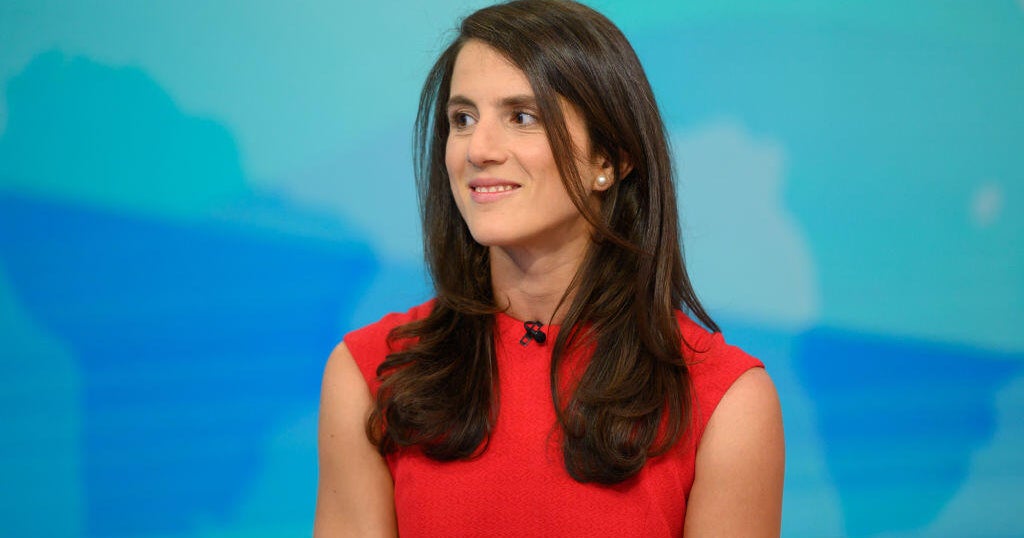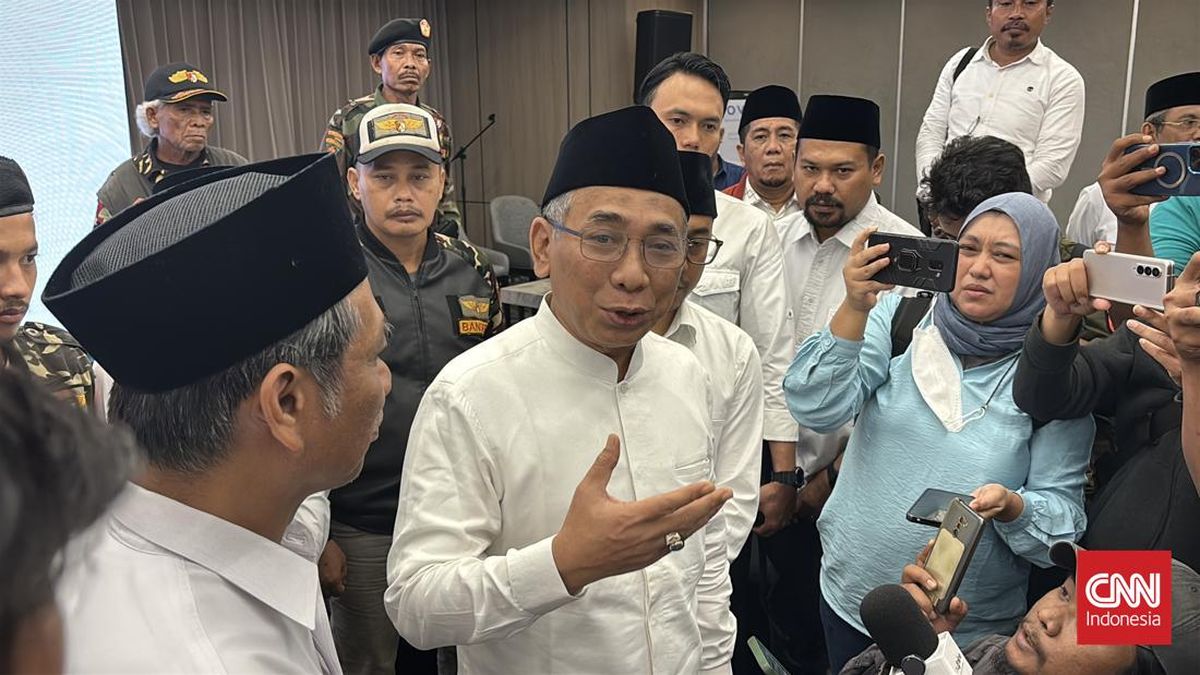The nation’s top spy boss has revealed espionage is costing Australia an estimated $12.5 billion a year as foreign operatives mount increasingly audacious attempts to pilfer highly sensitive defence and business secrets.
ASIO director-general Mike Burgess said the organisation had disrupted 24 major espionage and foreign interference operations in the past three years – more than the previous eight years combined. Yet more than 35,000 Australians have exposed themselves to danger by “recklessly” boasting on professional networking sites that they have access to sensitive information.

ASIO director-general Mike Burgess said too many Australians were “recklessly” inviting the attention of foreign spies.Credit: Alex Ellinghausen
Burgess revealed that spies recently gained access to official Australian documents on free trade negotiations by recruiting someone with a security clearance, while others convinced a state bureaucrat to obtain the names and addresses of dissidents being targeted by a foreign regime.
Spies have also hacked into the computer network of a major Australian exporter to gain an advantage in negotiations, tried to place an agent in a media organisation by masquerading as a researcher and stolen tree branches from a horticultural facility to reverse-engineer Australian research.
“Nation states are spying at unprecedented levels, with unprecedented sophistication,” Burgess said while delivering the Hawke Oration in Adelaide on Thursday, a speech named in honour of the late Labor prime minister.
Loading
“ASIO is seeing more Australians targeted – more aggressively – than ever before.”
Burgess said that foreign spies were taking a “very unhealthy” interest in the AUKUS defence pact, describing Australia’s defence sector as “a top intelligence collection priority for foreign governments seeking to blunt our operational edge, gain insights into our operational readiness and tactics, and better understand our allies’ capabilities”.
“Targets include maritime and aviation-related military capabilities, but also innovations with both commercial and military applications,” he said.
“Foreign intelligence services are proactive, creative and opportunistic in their targeting of current and former defence employees: relentless cyber espionage, in-person targeting and technical collection.
“In recent years, for example, defence employees travelling overseas have been subjected to covert room searches, been approached at conferences by spies in disguise and given gifts containing surveillance devices.”
Burgess said that “a particularly aggressive and creative intelligence service” had created fake online job ads, advertising well-paid jobs for people with expertise in geopolitics or defence to try to gain access to sensitive information.
The spy boss called for a national “awakening” on the threat of espionage, saying he was alarmed that 35,000 Australians indicated on a professional networking site such as LinkedIn that they had access to sensitive and potentially classified information.
“Nearly two and a half thousand [Australians] publicly boast about having a security clearance and 1300 claim to work in the national security community,” he said.
“While these numbers have fallen since I first raised the alarm two years ago, this still makes my head spin ... I get that people need to market themselves, but telling social media you hold a security clearance or work on a highly classified project is more than naive; it’s recklessly inviting the attention of a foreign intelligence service.”
While singling out China, Russia and Iran for their energetic espionage attempts, Burgess stressed that Australians would be shocked by the number and names of countries trying to steal Australia’s secrets.
Burgess said that, in an attempt to calculate the true cost of espionage, ASIO partnered with the Australian Institute of Criminology to conduct a report he said was “believed to be the first and certainly most comprehensive public analysis of its kind in the world”.
“We need to understand espionage is not some quaint, romantic fiction; it’s a real, present and costly danger,” Burgess said. “Espionage cost the Australian economy $12.5 billion in 2023-2024.
“This includes the direct costs of known espionage incidents, such as the state-sponsored theft of intellectual property, as well as the indirect costs of countering and responding.
“As just one example, the institute estimates foreign cyber spies stole nearly $2 billion of trade secrets and intellectual property from Australian companies and businesses in 23-24.”
Burgess revealed that several years ago, during a visit to a sensitive Australian horticultural facility, a member of an overseas delegation broke away and stole several tree branches.
“The delegate had snapped them off and smuggled them out of Australia,” he said.
“Almost certainly, the stolen plant material allowed scientists in the other country to reverse-engineer and replicate two decades of Australian research and development.”
Burgess also publicly confirmed for the first time reports in this masthead that Russian intelligence officers were removed from the country in 2022 for spying after an invervention by ASIO.
Loading
“The decision followed a lengthy ASIO investigation that found the Russians recruiting proxies and agents to obtain sensitive information, and employing sophisticated tradecraft to disguise their activities,” Burgess said.
He announced in 2022 that espionage and foreign influence had overtaken terrorism as ASIO’s key concern, a position it has held since then even as the agency raised the terror threat level from possible to probable.
Cut through the noise of federal politics with news, views and expert analysis. Subscribers can sign up to our weekly Inside Politics newsletter.
Most Viewed in Politics
Loading


















































